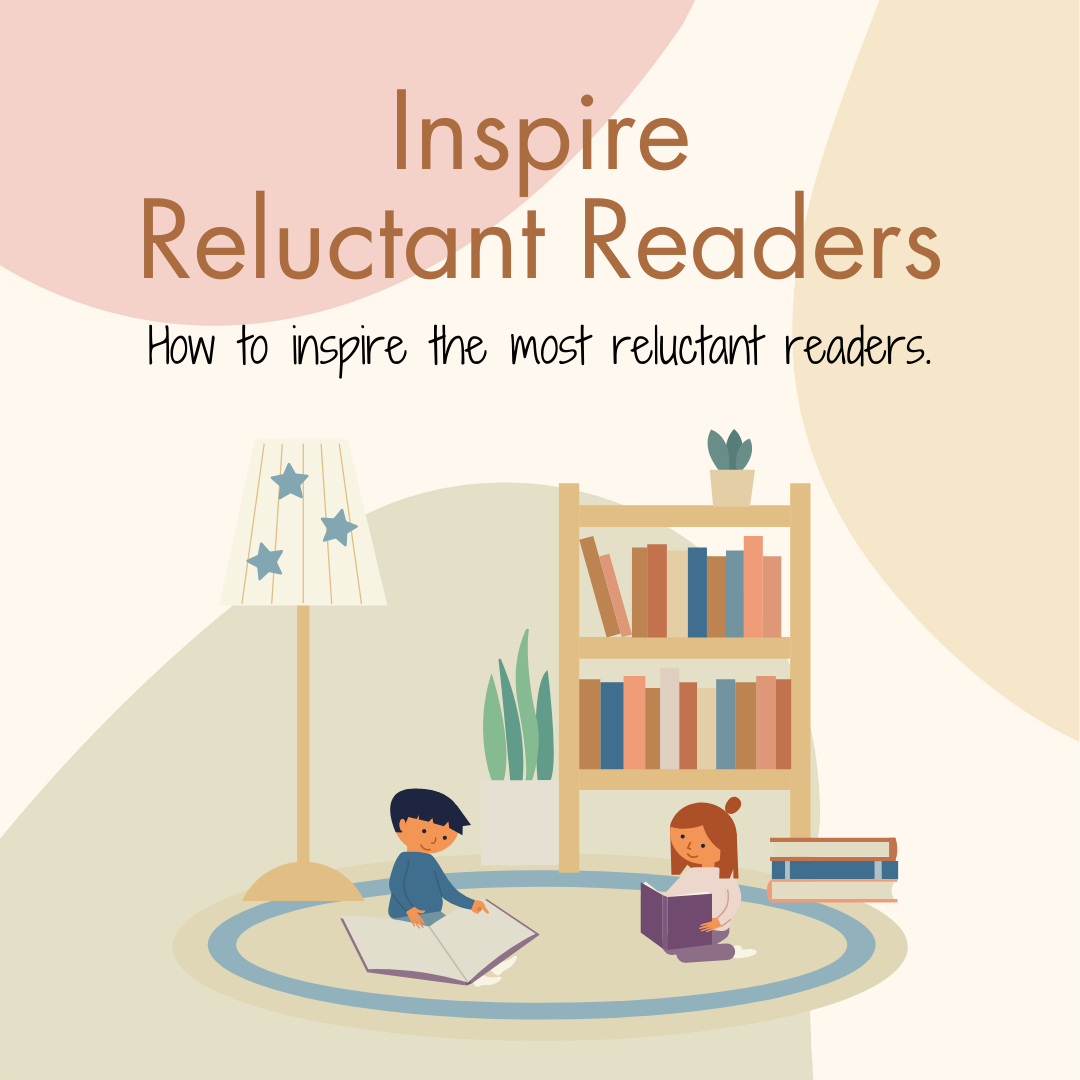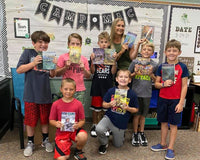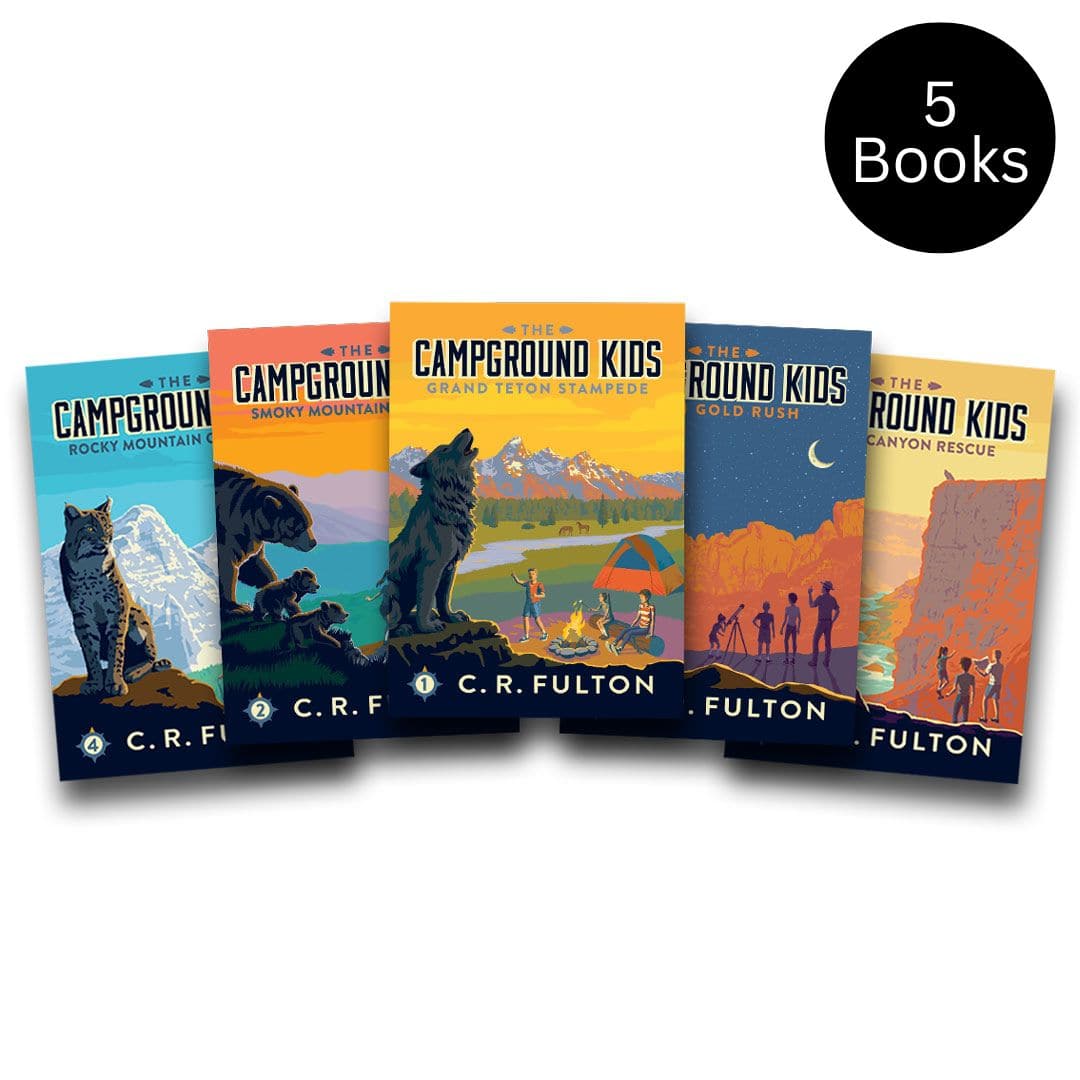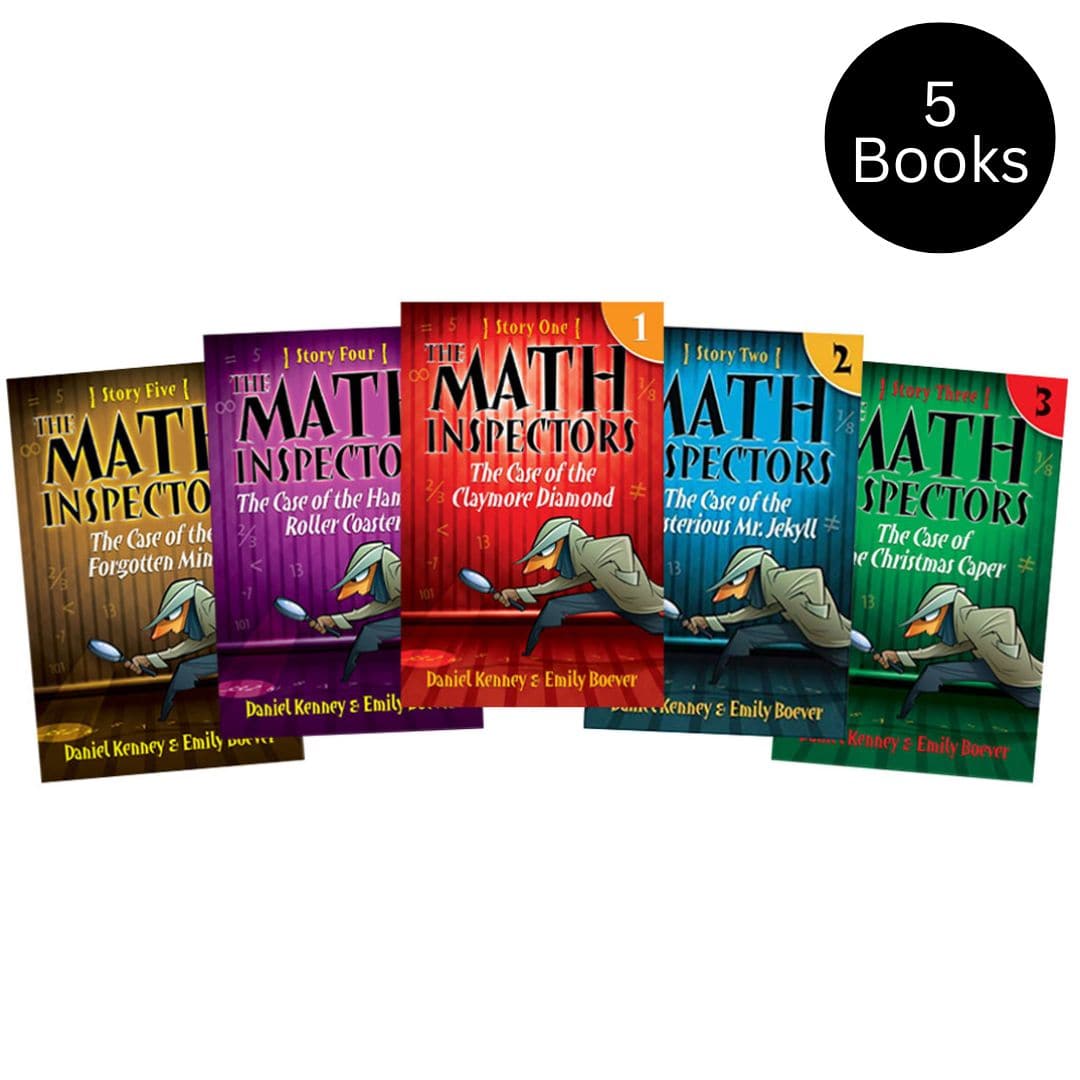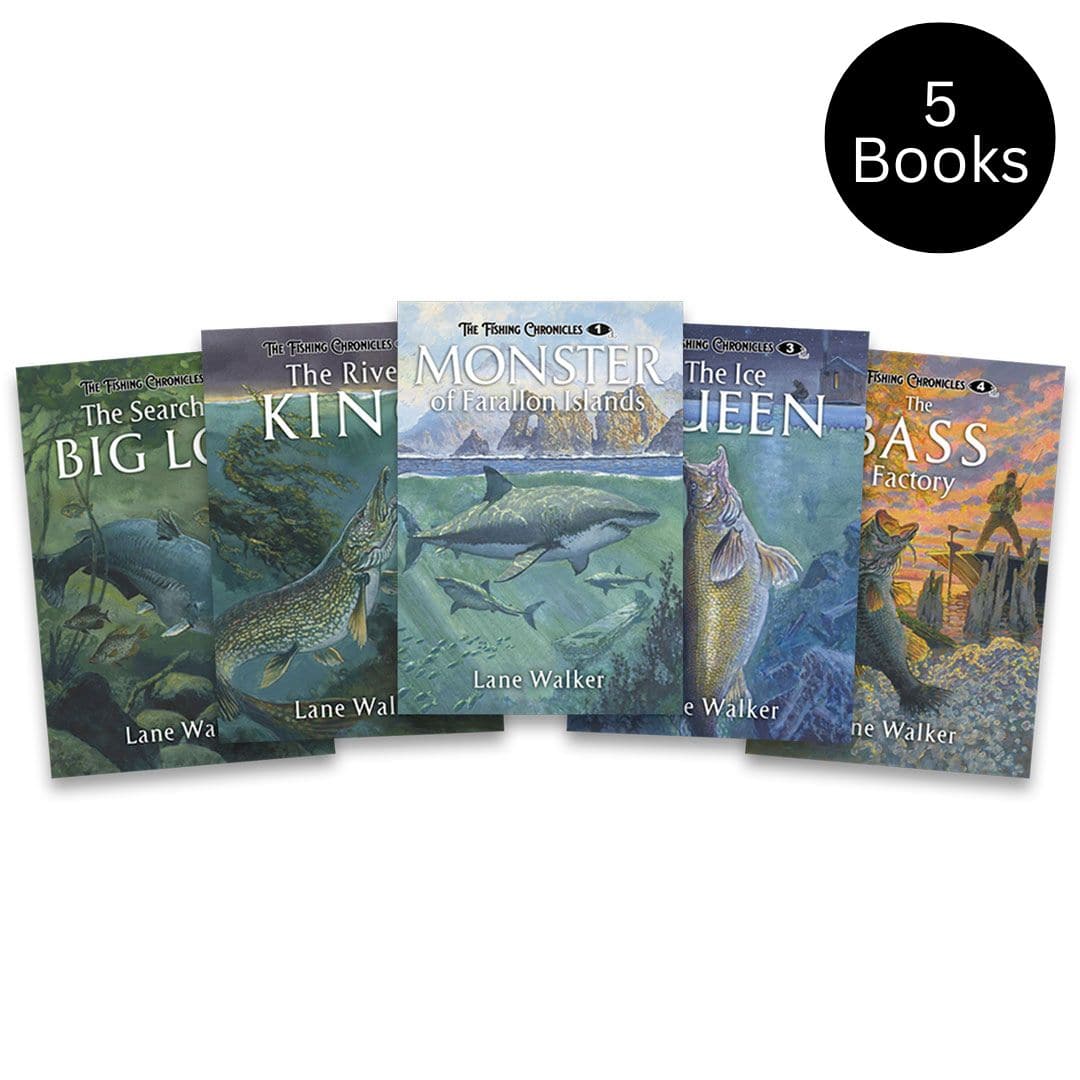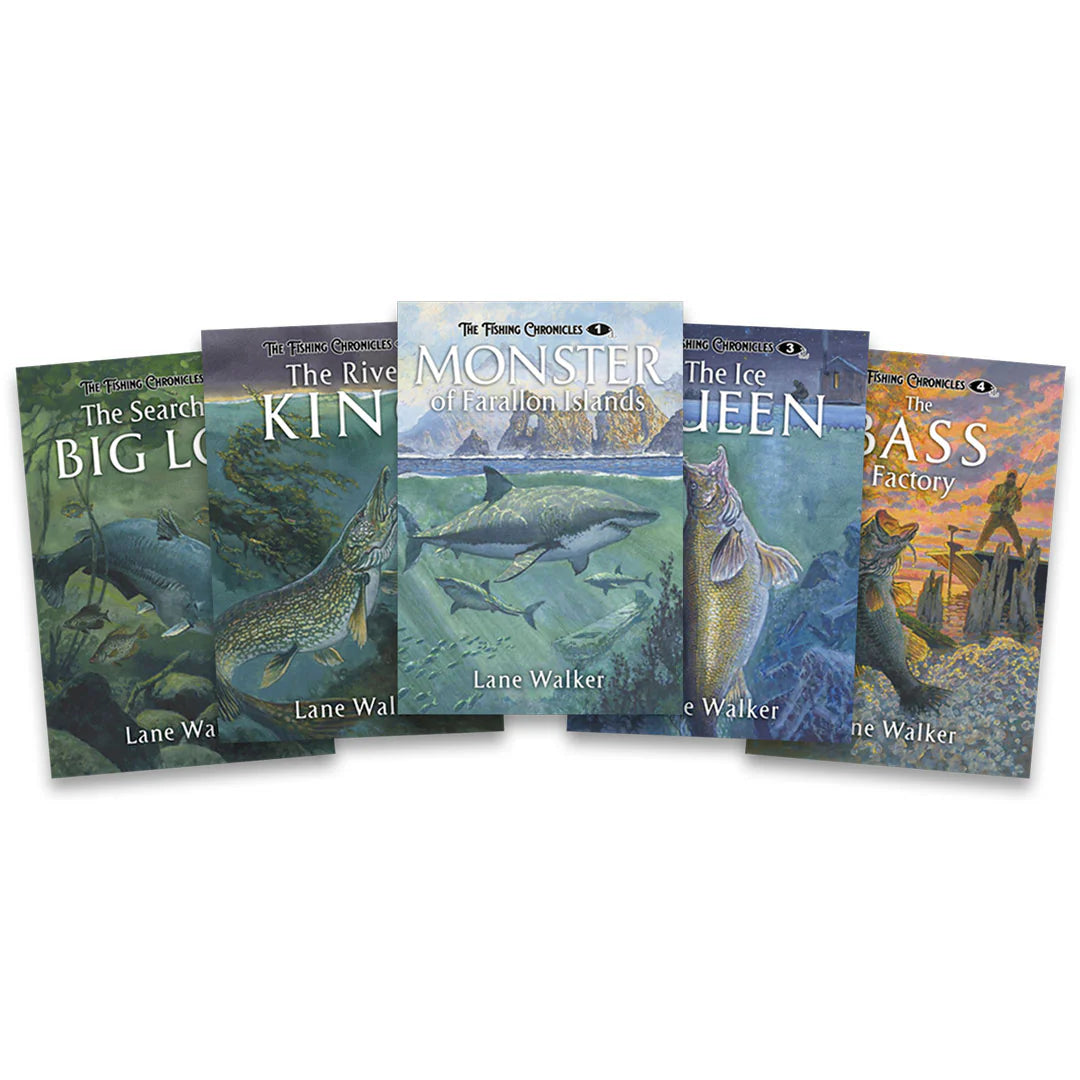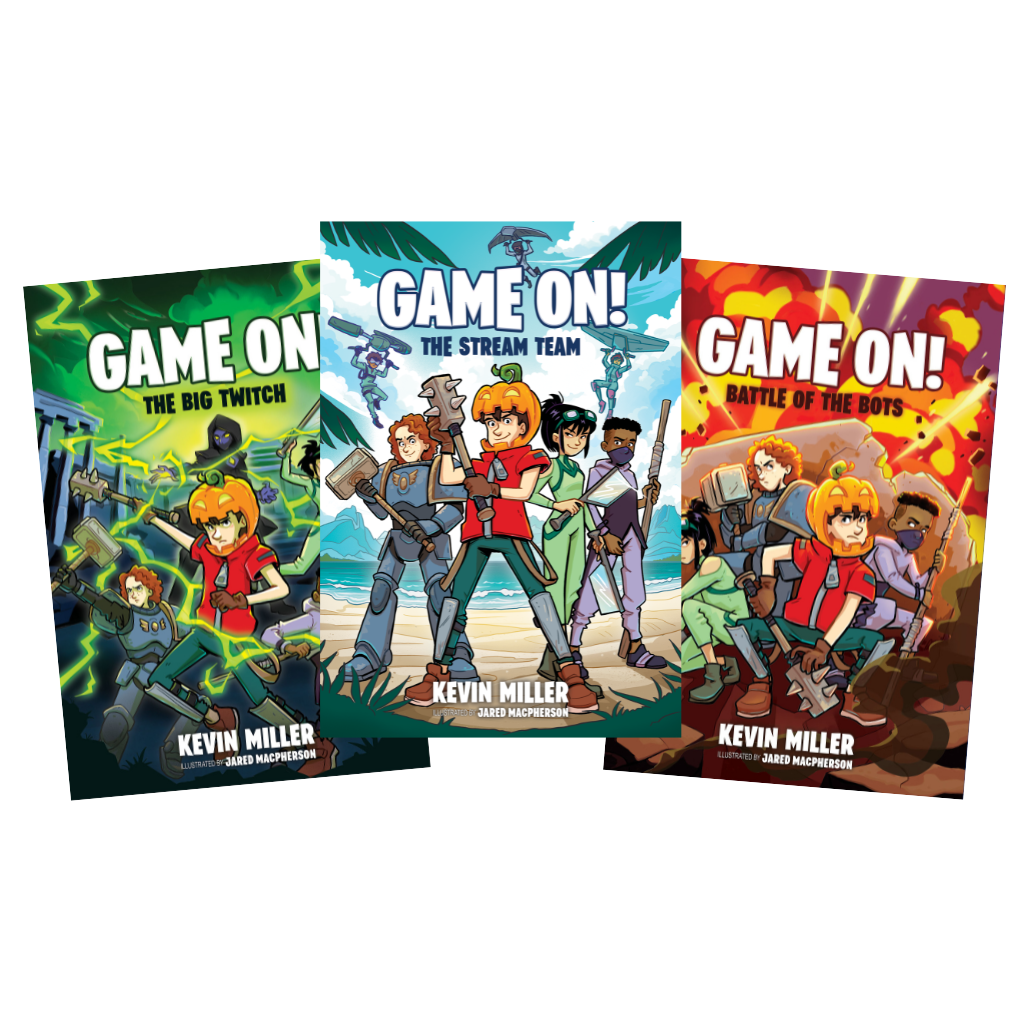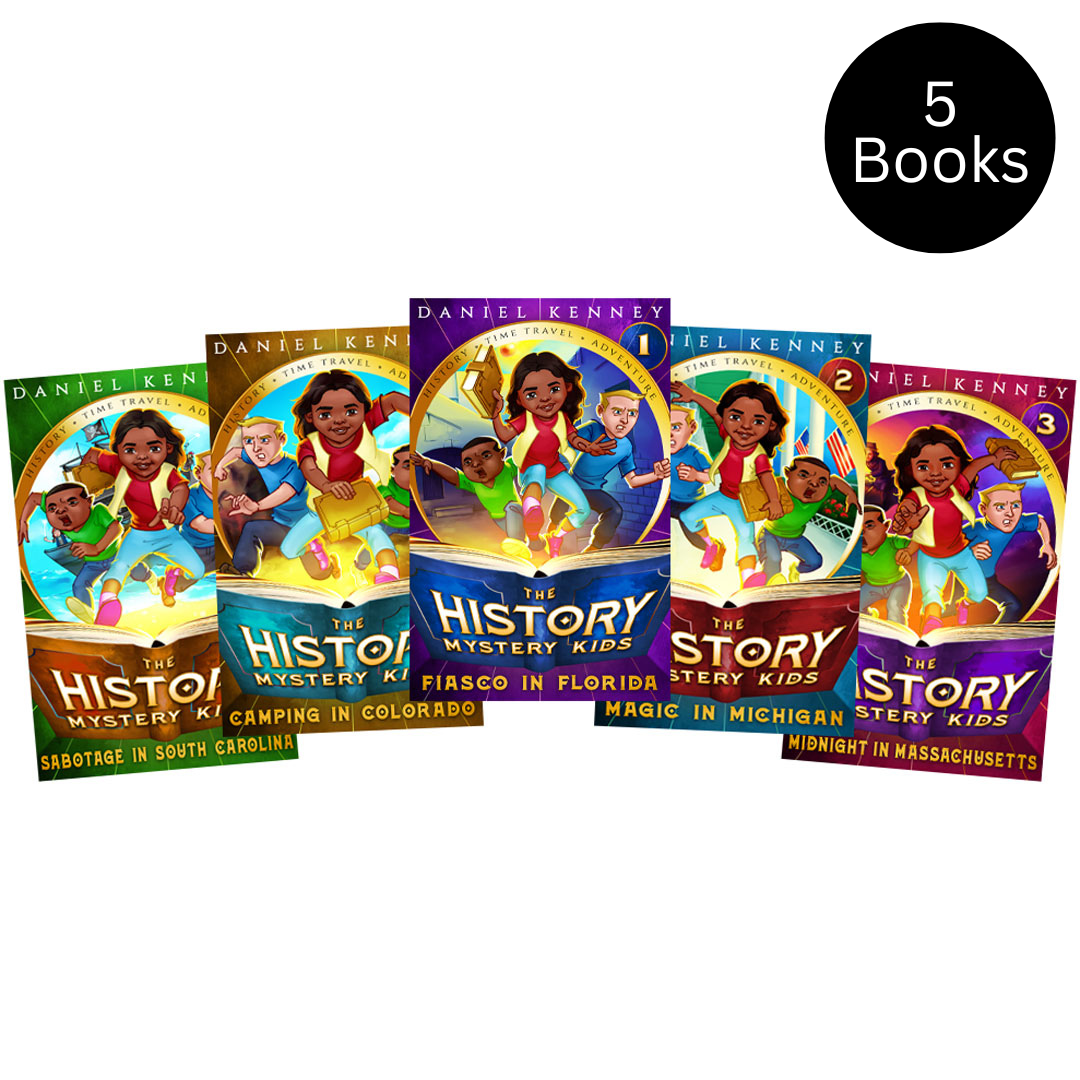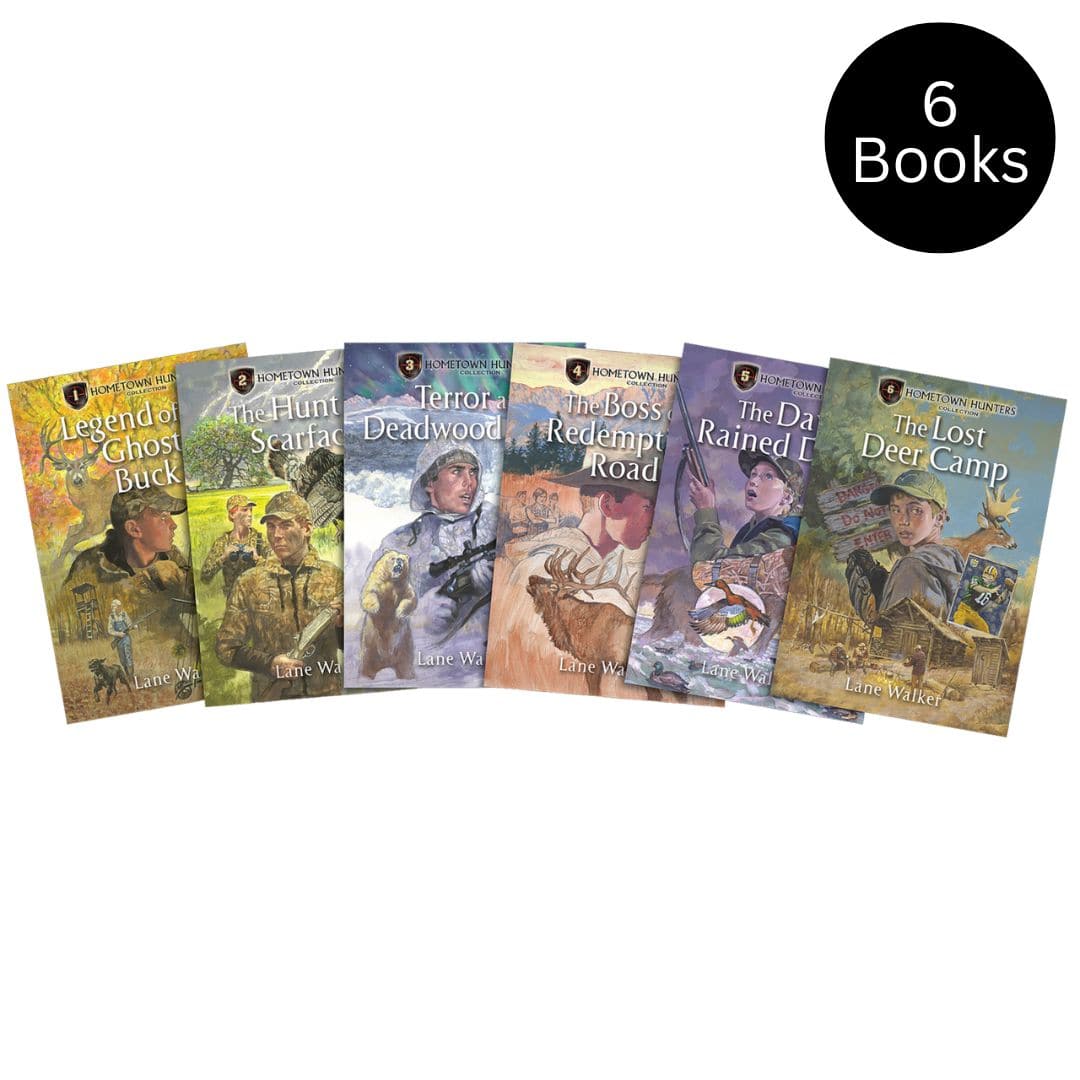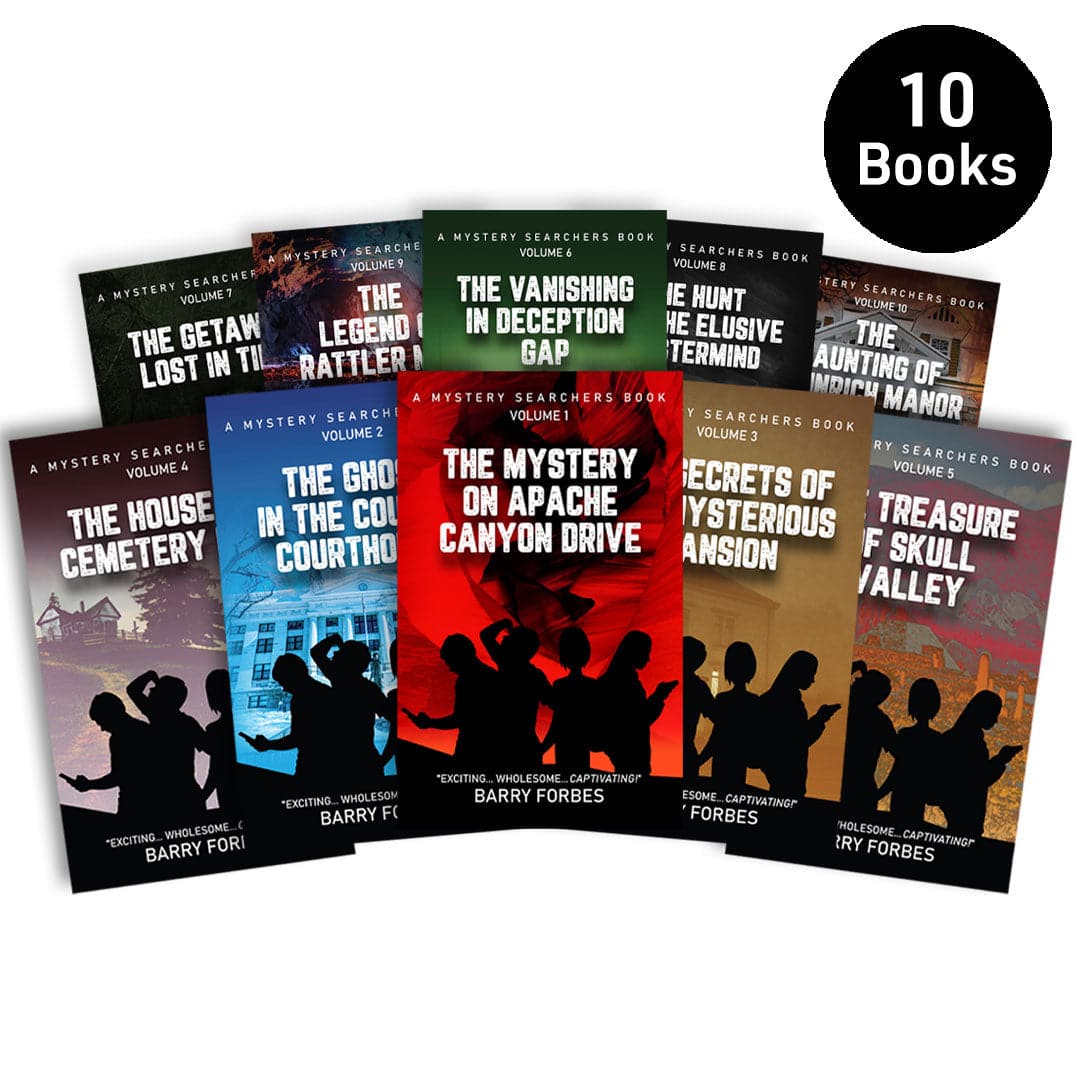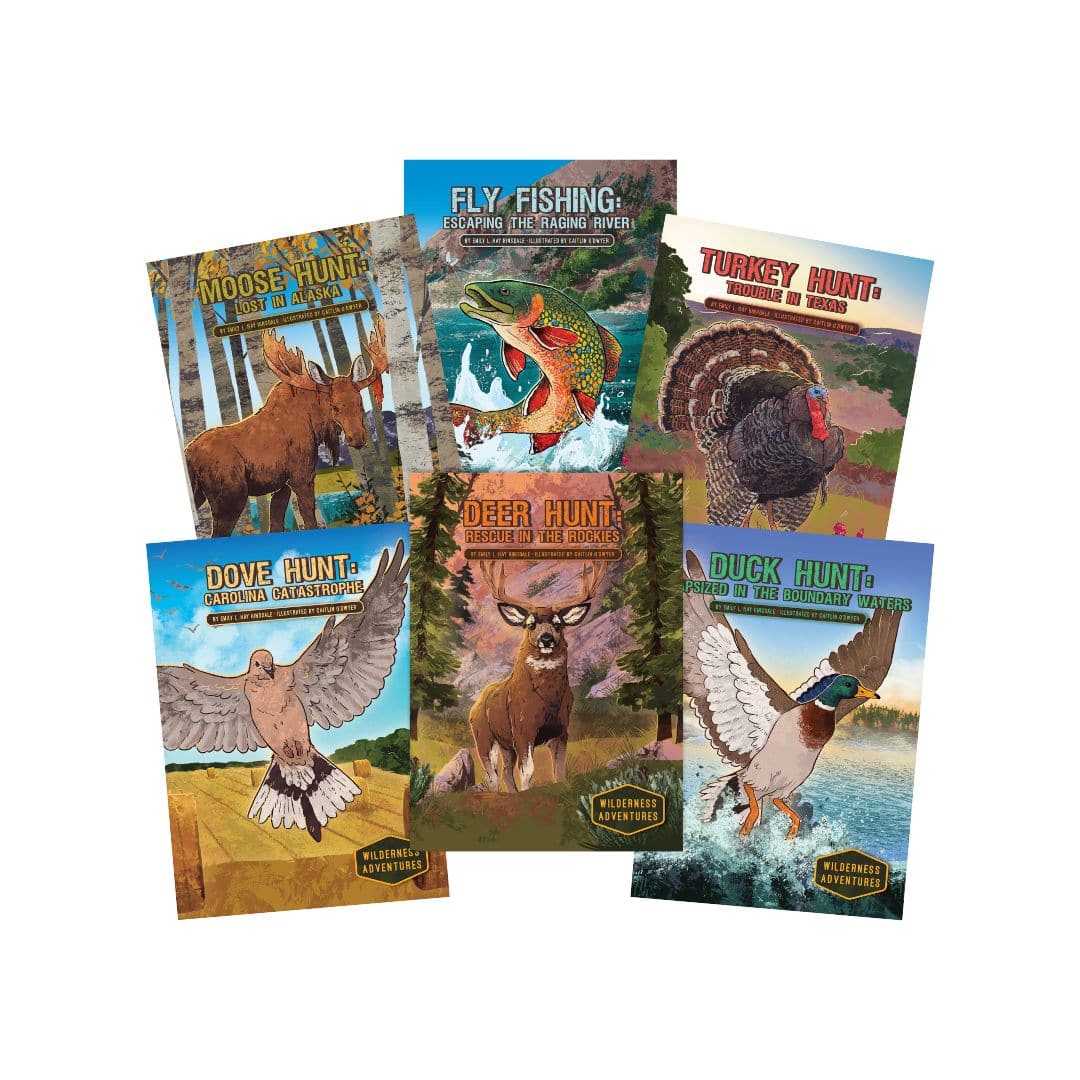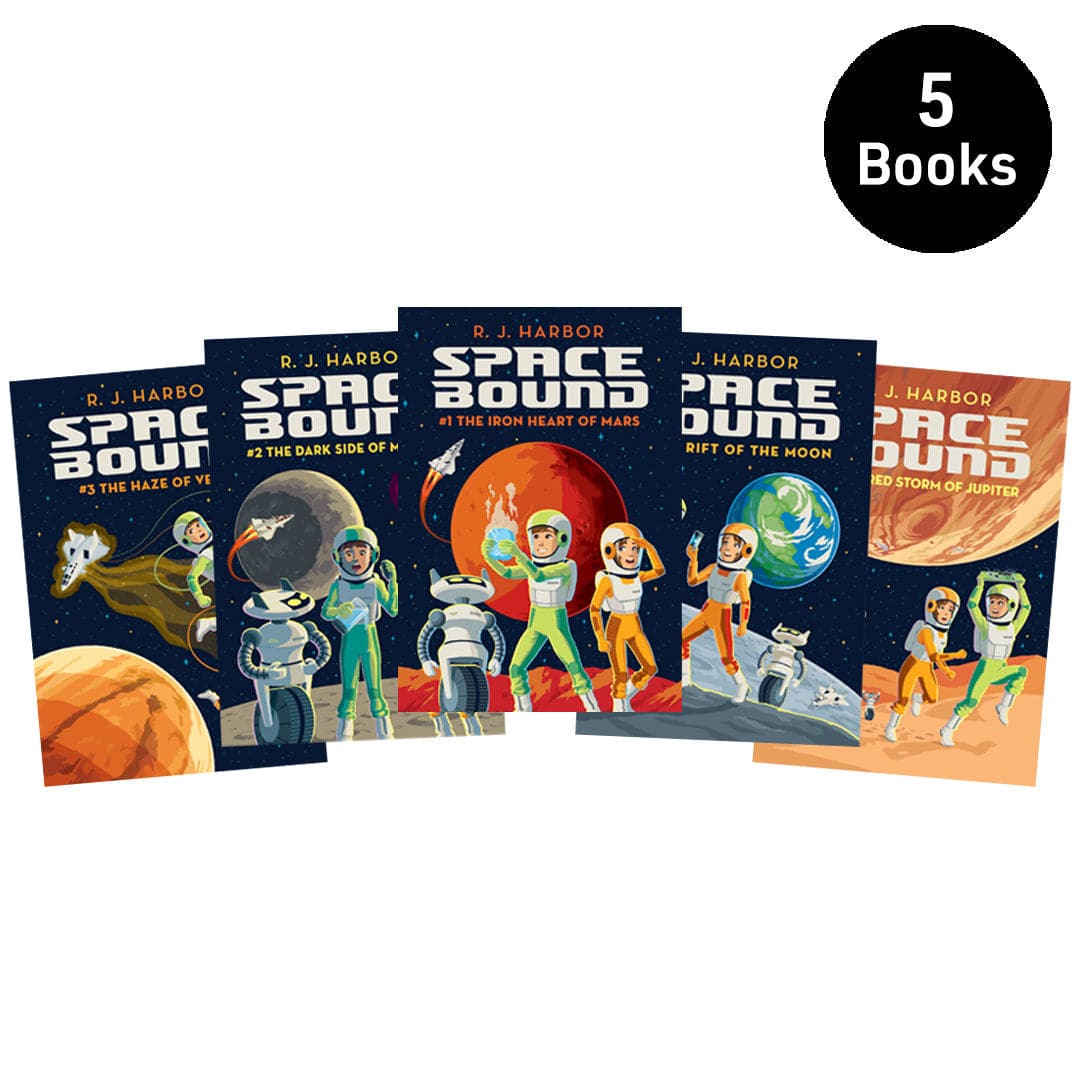Are you a parent whose child refuses to read? Is your child so challenged by reading, that he/she is reluctant to pick up a book? Are you a middle-school teacher looking for ways to inspire in your students a love of reading? Or at least to help your students feel comfortable reading?
What is a reluctant reader?
A “reluctant reader” is a child who doesn’t enjoy reading. They might struggle with their reading skills, and thus find reading to be too daunting. They might have attention deficits, and can’t find a way to focus on a book. Some reluctant readers might read well, but lack the motivation to read and would rather be doing other things.
Why is my child a reluctant reader?
To motivate reluctant readers, it is important to understand why they are reluctant to read, in the first place:
- Your child might not have found a genre that interests them.
- Your child might find reading to be too challenging.
- When reading is too challenging, school becomes challenging. This may damage a child’s sense of confidence and self-esteem. Then they avoid reading.
- When a child struggles to read but their classmates are good at reading, this can lead to anxiety and might even hinder their social growth.
- Perhaps your child would rather do other things. In this day and age, there are so many other things to do. They might become restless after just a few sentences.
- Perhaps your child is consumed by technology. They’d rather play video games, or watch videos online. Getting kids to read instead of using technology is a challenge for parents and teachers, especially with the multitude of computer games and multimedia entertainment vying for your child’s attention.
- Your child might consider reading to be something to do “only in school.” And if school isn’t fun, reading won’t be fun either.
- Some children might struggle with ADD, ADHD, dyslexia, or visual processing issues. These children struggle to concentrate, which causes reluctance to read.
What are some solutions to reluctant readers?
Give Them Choices.
There are many genres to choose from, and many styles of books. In this day and age, there are books written in just about any genre one can think of. And this is a good thing. Kids have so many interests these days, odds are they can find a book that appeals to them.
Chapter Book Series.
Children’s book series are garnered to keep the attention of readers. In this way, they help to motivate reluctant readers. Also, because their setting and main characters remain the same, a reluctant reader can become accustomed to the world of the story, and this will create a sense of comfort in the reader. Above all, chapter book series always end on a cliffhanger, which keeps readers intrigued.
Bring Books to Life!
There are many ways to connect reading to other activities so that a reluctant reader’s book “comes to life.” Your child will be less reluctant to read when reading becomes tied to fun activities with their friends and family. Here are some ideas:
- If your child is reading a children’s mystery book series, help put together a scavenger hunt. Invite their friends!
- Have your child draw cartoons and pictures that relate to the book.
- Have your child take pictures of places that relate to the story’s setting, or the story’s plot. If the book is an adventure or fantasy series, they will have to use their imagination!
- A musically inclined child might enjoy coming up with a theme song for the book.
- Have your child create costumes related to the book’s main characters. This is especially fun with fantasy book series or books set in historical eras.
Reading Can be Social!
There are many ways to make reading a social activity so that your child builds connections and friendships through reading. Your child will be more excited to read when it is an activity he/she is doing with a friend or group of friends.
Start a Book Club
My mom used to have a group of friends who’d get together in our living room and discuss their favorite books. They weren’t necessarily my favorite books, but it rubbed off on me. During and after college, and even in recent years, I’ve organized book clubs with some of my closest friends. No matter what the book, reluctant readers would be more apt to engage in a Book Party night. Comic books, graphic novels, books that become movies - when kids are in groups, reading becomes more social and for some of us, more enjoyable too.
Read in Pairs/Reading Partners
Maybe your son/daughter has a friend who wants to read the same book. This way, they can have a partner to discuss the story with. This motivates discussion, and building connections through reading. Reading is no longer an activity to do when one is alone, and in silence; it is actually a social activity, and one in which social bonds are made and strengthened.
Reading Teams
This works great with kids' mystery series. Kids can read, get together and discuss, and in a friendly competition, piece together the clues! This can become a Mystery Book Party. Having kids solve mysteries together can really “bring their favorite book to life.”
Family Reading Time
The whole family can get together and read the same book. The family can discuss the book together. Reading can become a fun family activity when it is planned along with fun activities that don’t seem to be related to reading.
Meet Authors
If you’re a middle school English teacher, invite a local author to your school. Meeting authors who will sign a favorite book of yours. An author at a festival will answer questions, and they tend to be down to earth especially when it comes to meeting kids.
Book Festivals
Kids can create their own book festivals, in which they present their favorite books at a “book party.” This is the kind of activity that can motivate reluctant readers to share the books that they are interested in and receive encouragement from their teachers and peers.
Library Events
Local libraries often have authors visit, and talk about the books they’ve written. This can be encouraging for kids who might be reluctant to read, as they can ask questions about the story and characters, and share their feelings about the book.
Kids in social reading circles can create connections with readers who share common interests. And when they meet kids with common book interests, they just may gain confidence in knowing there are other kids out there who are just like them. This confidence, in turn, often leads to greater academic success and contributes to an overall sense of well-being.
Lead & Read by Example
Parents can help reluctant readers by creating an atmosphere at home in which reading is the “norm.” If there is a culture in the home that encourages and promotes reading, it is more likely that reading will take place.
-
Daily reading routines:
My parents set aside time to read each night before they went to bed. This quiet time is when I would read too. Gentle routines help reluctant readers, because this gets them accustomed to reading time, and it becomes an expected part of their day.
-
Promote independent choices:
Make sure you give your kids all kinds of choices. Gaining agency over the subject that they want to explore is a way to ease anxiety, and build independence. As long as the books are appropriate, and reflect your family’s values, letting a reluctant reader make choices will encourage them to read.
-
Keep books around:
Include all kinds of books, to pique your child’s interest. Keep magazines around. Photo Journals. Biographies. Comic Books. Kids adventure series and chapter books… The more your home is akin to a “library”, filled with eclectic books and stories, the more “used to reading” your child will become.
-
Introducing new genres:
Introducing genres that your child has never read before can be tricky, especially with reluctant readers. One idea is to buy a group of books; including topics that you know your child is interested in, along with a book in an entirely new subject area. The effect is that your child will be comforted by the book in the genre they know, which could build their confidence to explore a new genre.
-
Just for fun:
Joke books might be silly, but they’re fun. Comic books and appropriate graphic novels can be exciting. Although these might not always be books for school, they’re fun reading - and enjoyment is essential.
-
Connect “non-reading” interests to reading:
If your child plays a sport, introduce them to biographies of their favorite players. If your child is watching a funny squirrel video online, have them share it with you. Then, read an article about squirrels. If your child mentions wanting to eat some pizza, find an article that describes the history of pizza. If your child mentions wanting to visit a foreign country, find an article about that country. In other words, look for opportunities to connect your child’s interests to reading.
-
Read Together, in nature:
When reluctant readers affiliate reading with a classroom setting, it’s no wonder reading might not be “fun.” Try taking a road trip, and then spending an hour or two reading at a park, beside a lake, or the beach. Pack some books while camping and read together, by the light of the campfire. Whenever you visit a relaxing place, make sure to bring books along. This way, your reluctant reader can read in a non-stressful environment.
-
Read Together, at landmarks:
museums and historical landmarks often have bookstores and reading rooms. If your child is interested in the exhibit, there’s a good chance they’ll be interested in a book about the subject matter, too. Books about dinosaurs, ancient civilizations, or outer space, are often visually appealing and might excite kids to read. The idea is to get reluctant readers to realize that reading can be enjoyable outside of school, in unique, fun places.
-
Photography as a Bridge:
Often, a child might be a visual learner. In these cases, they will enjoy looking at pictures more than they enjoy reading books. Also in these cases, the pictures can inspire your reluctant reader to read about the visual imagery.
-
Read with your reluctant reader:
If your child is struggling with a book, take turns reading. If your child doesn’t seem interested in a book, read a paragraph that you think will stimulate them. Make their reading journey your reading journey too. They should never feel that they are “in it” alone. In fact, they’ve got a reading teammate!
Make Sure Characters are Relatable
When choosing books for reluctant readers, it is especially important to find characters your child will relate to. Relatable characters are on journeys that are relevant to your child’s life. Here are some ideas:
-
Characters with similar challenges:
In addition to finding a genre your child is interested in, look for characters your child will relate to. Perhaps your reluctant reader will feel a connection with a character who has overcome similar challenges. Perhaps your child needs a boost in confidence, or encouragement to try something new. Kids are curious about how others handle the same issues that they are facing. In these cases, reading becomes informative and helps them solve problems. Has your child faced specific challenges, like moving to a new neighborhood or school and having to make new friends? If so, there are plenty of books about the topic. Reluctant readers especially benefit when they relate to their book’s main characters, because this is when they realize that reading can actually help them in their real lives.
-
Emotional Uplift:
Has your child dealt with a traumatic experience, like the unfortunate loss of a loved one? If so, there are books that could help your child through their grief. Whatever the issue, if your child is a reluctant reader, it is especially important for them to learn that reading is a way to uplift their spirit, and help them through life’s most challenging times.
-
Inspiring Characters:
Does your reluctant reader look toward historical figures for inspiration? Does he/she look toward sports figures? Artists? If so, read their biographies and discuss the challenges these individuals faced while on their journey. Discuss the traits that these individuals have displayed; when a kid is inspired by a heroic life, they will be inspired to read about it.
Choose the Right Reading Level
How do you know if a book is at your child’s reading level? This is especially important when choosing books for reluctant readers. They’ve got to feel capable, otherwise they will not be motivated to read. Here are some pointers:
- Have your child read the first page. Simply ask them what it was about. If they comprehend enough to want to continue reading - have them continue reading. If they don’t understand the material, there’s no need to push them.
- After reading the first page, ask your child what some of the more difficult words mean. If they have an idea, and don’t feel daunted - have them proceed. But if your child lacks the vocabulary to understand the material, your best bet is to find another book.
- A lot of this has to do with how your reluctant reader feels. If you’ve found a book that they are interested in, and really want to give it a try, even if the reading level is a bit higher than what they are accustomed to - have them give it a try.
- Schools will usually assess your child’s reading level, by testing their comprehension and vocabulary. But note, that it is important to “feel this out” independently, as standardized tests aren’t always accurate. Plus, you know your child best.
Use Technology to Help Reluctant Readers
Technology is so prevalent these days, and parents and teachers are always competing for kids’ attention. We’re aware of many ways in which the overuse of technology can be harmful to children. But, there are ways in which technology can be helpful - especially to children who are reluctant readers.
- Some kids are more comfortable reading off a Kindle. If so, try a Kindle!
- If your kids love watching videos, no problem - have them watch videos related to a book’s subject matter. Watching relevant videos or even movies can turn kids on to all kinds of children’s book series.
- If your child enjoys audiobooks, listen to audiobooks. Read out loud with your children. Read in funny voices. Act out the book, as if it was a live play or musical. This is bound to create laughs.
- The use of the right technology can help to instill the idea that reading is fun, and keeping your children occupied with books is what matters most.
Bakken Books are Ideal for Reluctant Readers
When searching for the right books for your child, search no further than the world of Bakken Books, which has so much to offer - especially for reluctant readers.
-
Chapter Book Series:
The repetitive nature of kids chapter series enables reluctant readers to “get to know” their characters. They also enable reluctant readers to “get to know the setting”. This provides readers with a sense of comfort in the storyline. New books in the series aren’t totally new, so reluctant readers have a sense of understanding the story - even before they start reading. And of course, kids' book series pique the readers’ curiosity to find out… What will happen next?
-
Relevant characters and themes:
Each of the Bakken Books presents socially applicable themes that are relevant to kids’ real lives. Whether it’s a book about a new kid in town (The Soccer Switch), or kids learning about the magic of the Great Outdoors (The Campground Kids), kids will connect to these storylines, because these are the kinds of storylines that they are presented with in their daily lives.
-
Books that make academic subjects fun:
The History Mystery Kids, The Mystery Searchers, The Math Inspectors, and The Science Inspectors, are just some of the chapter series that make academic subjects easier to learn and digest.
-
Page Turners:
Bakken Books collection of mystery and adventure chapter series are uplifting, exciting, and fun reads, crafted to appeal to readers of all levels.
Some fun activities for readers of Bakken Books chapter book series:
- Children reading the “Science Inspectors” may want to try new science experiments - at home or in school. They may want to take pictures or record the event, as a journalist would.
- Children reading the “Local Heroes” series may be inspired to try something new. They may want to form a new “crew” of kids interested in trying new hobbies together.
- Children reading “Histories Mysteries” might want to visit historical landmarks. They may want to take photographs of these sites or conduct interviews of people who live nearby - as though they were a journalist conducting a news report or host of a TV series.
- Children reading “Histories Mysteries” might want to create a scavenger hunt! Or, if you’re a parent or teacher, you may want to join in the fun and help create the hunt!
- Children reading “Space Bound” may want to look at the latest photographs of space, or visit a local planetarium. Or, simply gaze at the night sky, and discuss the questions they have of the final frontier that is Outer Space.
- Children reading “The Campground Kids” series may want to bring their books along while camping. They may want to read the books in a group, around the campfire. They may want to take pictures of their outdoor journey. Or, they may want to create a Campground Kids theme song, to sing around the campfire!
- Children reading “The Fishing Chronicles” may want to go on a fishing trip. They may want to learn how to fish - or teach their friends to fish. And they can become photojournalists, and record the day’s events as nature photographers.
Conclusion
Reluctant readers can develop a love of reading. By allowing kids to choose what they want to read, and the subjects they want to explore, kids gain agency over their reading and become less reluctant. By making sure the books are at the right level, and the characters are relatable, reluctant readers are no longer daunted by the experience. And by introducing a social element to reading, books are brought to life, and the experience becomes fun. Ultimately, reluctant readers can develop a lifelong love of reading - and with this, attain higher self-esteem, intellectual growth, a deeper sense of well-being, fulfillment, social connection, and meaning.
Parents and teachers, what are some of the ways you’ve motivated reluctant readers? What are some activities that you’ve introduced that got reluctant readers excited to read? What are some of the books and book series that you recommend?
(Present your answers in the comments section).

